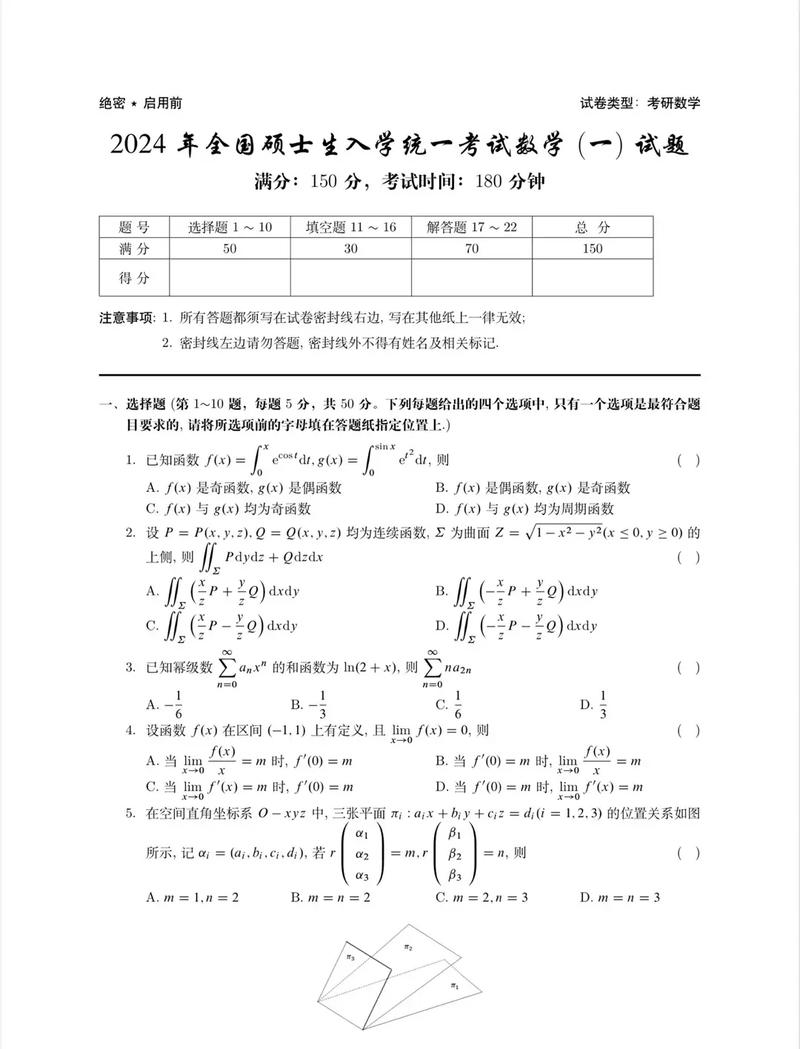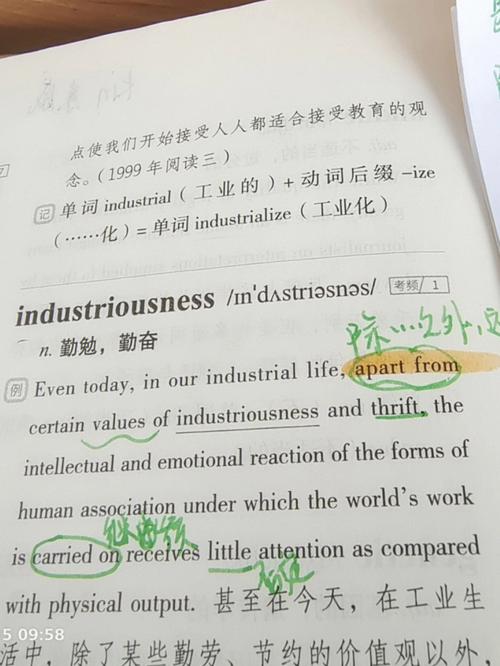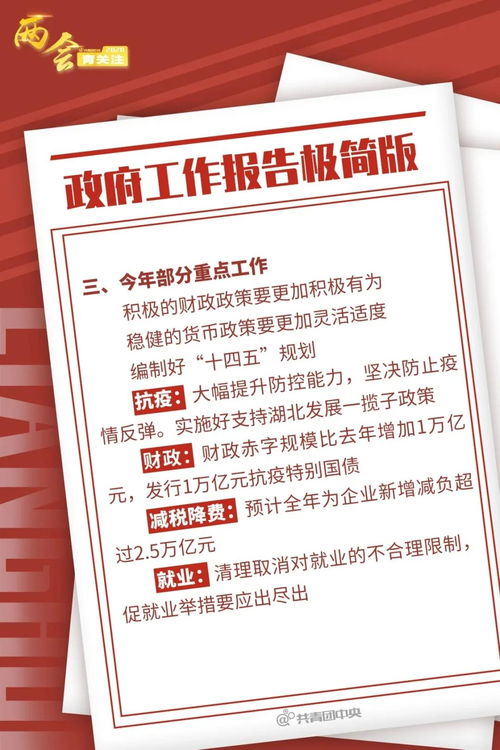Calculus
The examination comprised multiple sections, each designed to assess candidates' proficiency across various mathematical domains. These sections typically included:
Algebra: This section likely tested candidates' understanding of fundamental algebraic concepts such as equations, inequalities, polynomials, and matrices. Problems might have ranged from basic operations to more complex manipulations.
Practice Regularly: Solve a diverse range of problems to acquaint yourself with different problemsolving techniques. Practice previous years' papers and mock tests to simulate exam conditions.
Calculus: This section could have assessed candidates' grasp of both differential and integral calculus. Topics might have encompassed limits, derivatives, integration techniques, and applications of calculus in various fields.
Probability and Statistics: Candidates may have encountered problems involving probability distributions, hypothesis testing, regression analysis, and data interpretation. Proficiency in both theoretical concepts and practical applications might have been tested.
Geometry
Title: Decoding the Complexity: Analysis of 2014 Graduate Entrance Examination in Mathematics
The 2014 Graduate Entrance Examination in Mathematics served as a rigorous assessment of candidates' mathematical aptitude and analytical skills. By understanding its structure, content, and key principles, candidates can formulate effective preparation strategies to excel in the exam. With diligent preparation and strategic approach, success can be achieved in navigating through the complexities of this examination.
Let's delve into some of the central themes that were examined:
Geometry: Geometric principles, theorems, and problemsolving strategies were probably integral to this segment. Candidates might have encountered questions related to angles, triangles, circles, polygons, and solid geometry.
Master the Fundamentals: Build a strong foundation in basic mathematical concepts across all relevant domains. A clear understanding of core principles is essential.
Statistics
Algebra
- Seek Clarification: Don't hesitate to seek clarification on concepts you find challenging. Utilize resources such as textbooks, online tutorials, and peer discussions to reinforce your understanding.
Preparation strategies for the exam should be comprehensive and targeted. Here are some tips to enhance readiness:
The 2014 Graduate Entrance Examination in Mathematics served as a crucial evaluation tool for aspiring candidates seeking admission into esteemed academic institutions. This analysis aims to dissect the intricacies of the exam, shedding light on its structure, content, and the underlying principles it tested.
Probability
Time Management: Develop effective time management strategies to optimize your performance during the exam. Allocate sufficient time to each section based on your comfort level and proficiency.
Stay Calm and Confident: Maintain a positive mindset and approach the exam with confidence. Stay calm during challenging questions and focus on applying your knowledge and problemsolving skills.












评论